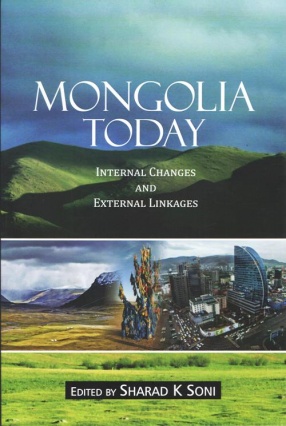
Showing all 5 books
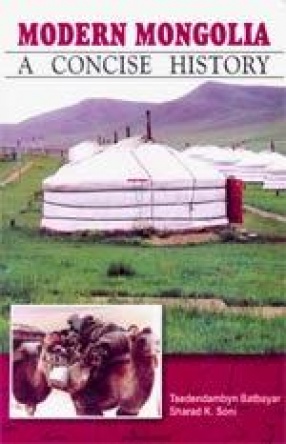

Having discarded the Soviet style communism and state controlled economy following the collapse of the USSR, Mongolia of today is a young democratic country with free market economy. It seeks to ensure the security of its own existence by strictly observing the policy of neutrality due to being a landlocked country between the two influential geographic neighbours - Russia and China. Over the years internal changes in society, economy and politics have seen ...
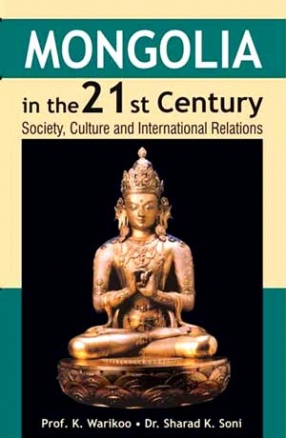
Bordered by Siberia in the north and Gobi desert in the south and surrounded by two powerful neighbours-Russia and China, Mongolia has had a peculiar geo-strategic situation of being land-locked. Its location at the crossroads of Central Asia, North East Asia, Far East, China and Russia further enhances the importance of Mongolia. Mongolia is the seventh largest country in Asia in terms of its territory but population wise it is one of the smallest. The Mongol ...
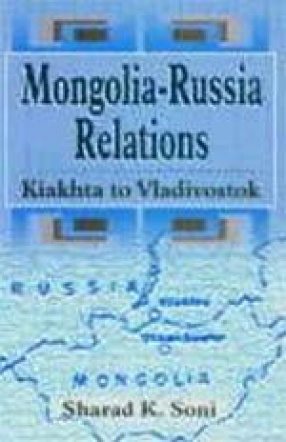
Sandwiched between Russia and China, Mongolia has the distinction of sharing the largest chain of frontiers between these two powerful neighbours. Mongolia’s geo-strategic and landlocked position attracted both the Tsarist/Soviet Russia and China to influence the socio-economic and political history as well as international relations of Mongolia. Finally it was the Treaty of Kiakhta (1728) which fixed the Russo-Mongolian (then part of China) frontier. However, ...
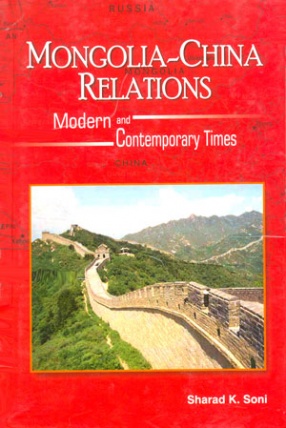
Due to its geographical location between Russia and China, Mongolia has always been of strategic importance to both of its two giant neighbours. In particular, its relations with China have deep historical roots as throughout recorded history nomadic Mongols and sedentary Chinese interacted constantly. The Mongol conquest of the Eurasian continent in the thirteenth century and establishment of the Mongol Yuan dynasty in China brought the two peoples close ...

The history of the twentieth century Mongolia beginning from 1911 until the democratic revolution of 1990 unfolds a series of events that led the Country to final break its economic and political dependence on the former Soviet Union. In 1990, the first free political dependence on the former Soviet Union. In 1990, the first free elections were held which witnessed the formation of a new parliament, followed by the adoption of a new Constitution in 1992, which ...
